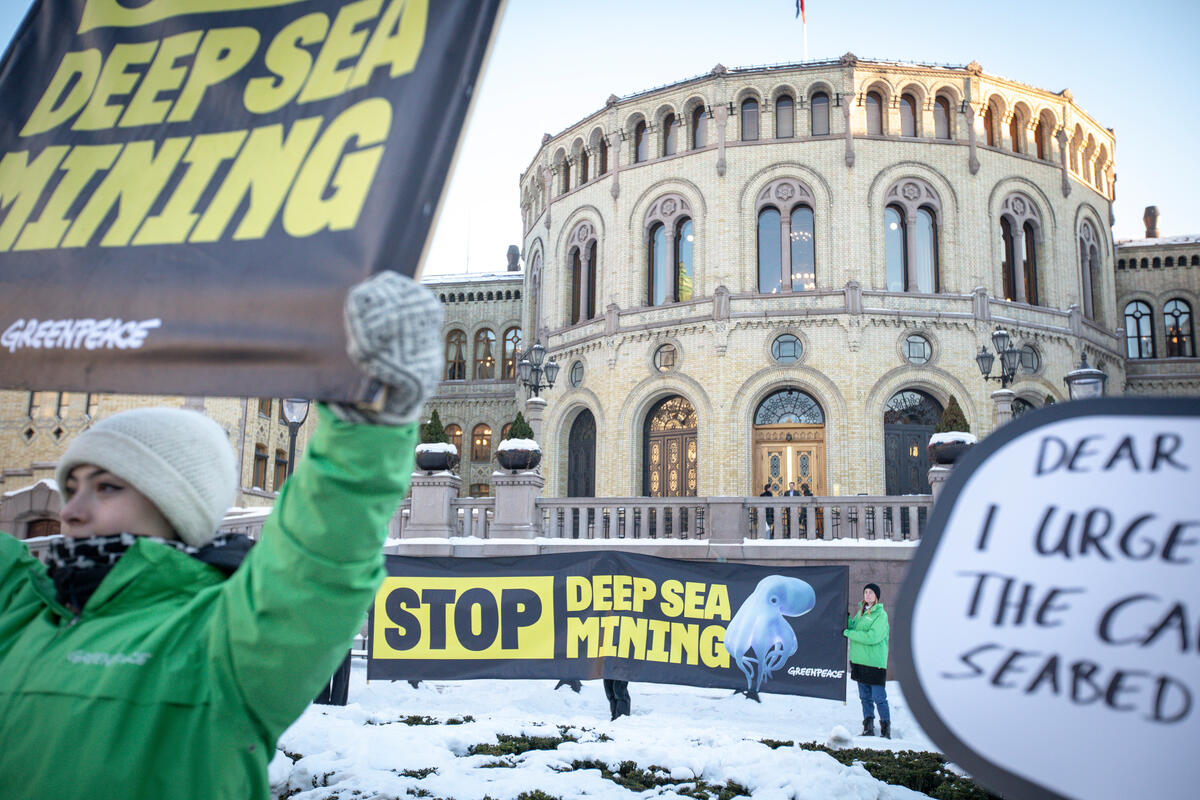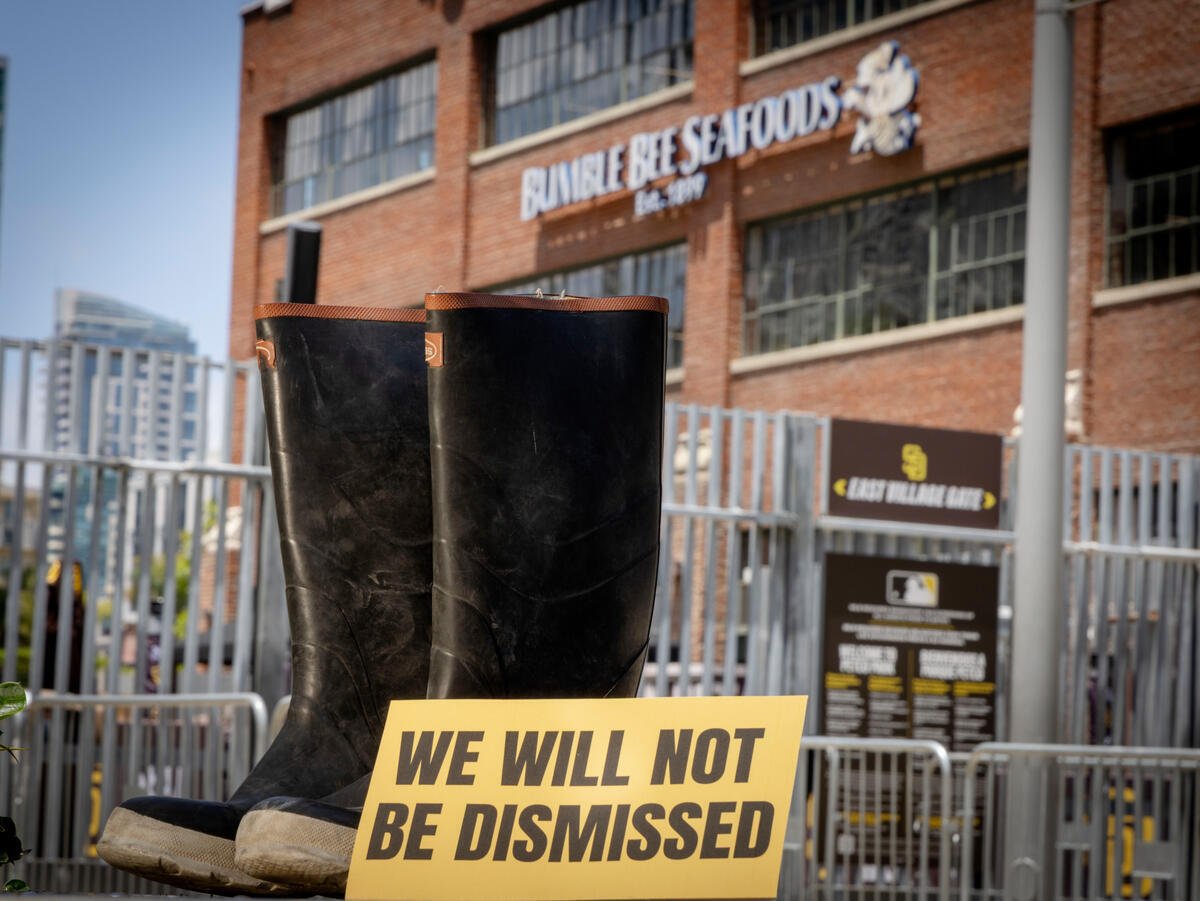Dear Western Indian Ocean island leaders and other governments with interests in our waters,
My name is Jeremy Raguain, a 27-year-old who is beyond concerned with the state of affairs and trajectory of his home, Seychelles, and surrounding ocean. I write this letter as a Seychellois and dependent of the Indian Ocean to sound an alarm that has already been rung, but isn’t being paid the attention it deserves. I’ve put pen to paper to plea with you as a young conservationist who has been granted the most exceptional chances to not only visit but help protect the marine UNESCO World Heritage Site of Aldabra Atoll; to state that unsustainable fishing, over-tourism, the exploration and exploitation of oil and natural gas, and consideration of deep seabed mining are becoming the bedrock of a false blue economy that threatens the places that are supposed to be protected, as well as our homes.
I am contacting you today as a Global Shaper, a Sustainable Ocean Alliance Young Ocean Leader and Youth Policy Advisory Council member and 2019 UN Climate Action Summit attendee who has regrettably become more weary of our politicians. I have seen leaders fail to turn up and counted too many missed chances to enshrine pretty commitments into law and reality, while watching others deliberately mislead their electorates by double counting empty climate promises. I write to you as a young African that sees the Covid-19 virus – borne from nature’s mistreatment and set our global society back decades – be a horrible opportunity to do what is necessary.
The science states we are in a climate and ecological crisis. The facts indicate that this unfolding catastrophe will not only dwarf the pandemic’s cataclysmic consequences, but doom your citizens to a future that promises to be hell on Earth, whereby we lose our homes and livelihoods. We know that unless clear decisions are made in your terms, the lives and aspirations of your children and grandchildren will be irreversibly hurt. We already see climate change’s effects in the fires, floods, droughts and other extreme weather events that have caused famine, displacement and conflict in the countries that surround the Indian Ocean. We have the information to show that illegal and industrial ocean extraction in our Economic Exclusive Zones and on the high seas not only threatens already endangered biodiversity with pollution while depleting crucial fish stocks, but is done so in an inequitable and neo-colonial way by Global North states and international corporations that behave with impunity, flagrantly disregarding our laws and even their own jurisdictions.
Each of your states’ constitutions and the international treaties ratified by your governments obligate you to protect your citizens and their rights. While our Global South island states are among the least responsible and most vulnerable to climate change’s effects, they make a biodiversity hotspot which attracts tourists and foreign direct investment as well as provide other incalculable ecosystem services. As sworn protectors of your citizens and their right to a safe and healthy environment, I have to say your destructive actions as well as apathy deeply worry me. While the priorities and lack of support from our international allies in the region, some of the world’s most responsible and capable states, further depresses me. Although our past shows we are capable of preserving ourselves and natural heritage, nothing about our present and future is certain and each year that passes without meaningful action further seals our doom.
I have seen our islands receive increasing numbers of tourists and continue to host more hotels, currently empty due to the pandemic. Citizens watch as their governments side step environmental impact assessments and do not take steps to know their islands or planet’s carrying capacity. I have collected industrial fisheries pollution from one of the world’s most remote and protected areas, followed the threads of ghost gear all the way to the can of worms that is the unsustainable European Union funded fishing. I have sat down with scientists, policy experts and young people in Seychelles and around the world agreeing how the exploration and exploitation of natural gas and oil by Small Island Developing States is like drilling a hole in a boat while at sea in a storm. I am speaking out against the opaque and unethical way in which the International Seabed Authority is operating and I’m also raising awareness on the impacts of deep seabed mining, an activity certain states in the region are already preparing themselves to engage with and seemingly support.
All of this leads me to see that our Indian Ocean is the least explored, but already the second most polluted and increasingly ravaged. The facts show that a resilient and healthy ocean protects and nourishes its people. What you are allowing to take place reduces its health and resilience and, as such, ours. Global issues such as conflict, economic crisis, pandemics and climate change will be felt harder if we allow the ocean to suffer and die. We also lose our chance to be richer when we take decisions that only benefit the short term and few. But, there are opportunities for hope. Our Indian Ocean is also home to a marine UNESCO World Heritage Site that has seen over 50 years of research and protection, with it and many other marine protected areas showing how they support our people. With the recent documentation of the world’s largest seagrass meadow on Saya de Malha Bank, the implementation of the Seychelles Marine Spatial plan and Mauritius-Seychelles Joint Management Area (JMA), there are clear synergies and paths towards actions that can contribute to a meaningful blue economy that is sustainable and equitable. If your Governments fulfill their Nationally Determined Contributions, renounce interest in the extraction of non-renewable ocean resources and join forces to take on unjust and destructive industrial fishing fleets we can stand a chance. Working together within the Indian Ocean Commission and supporting a Global Ocean Treaty will allow the biodiversity that moves across our jurisdictions to continue sustaining our shared aspirations.
Ultimately, our fate is uncertain, and as I am sure you may remind me, there is only so much we small island states can do. But ocean protection is climate action and we need such action now. Moreover, a blue economy is a lie if it allows companies and governments new grounds to extract with impunity. We must recognise ocean conservation within and outside of our borders as vital to economic development in not only allowing debt restructuring, but also the replenishment of our natural assets. Make no mistake, the world and your people, and especially us young people, are watching, in increasing numbers and with increasinging anger. Where there were a few there are more each day. If you don’t rise to be the champions we need, if you don’t apply the precautionary principle, if you don’t make polluters pay or if you keep accepting the pittance we are offered while our future slips away, we will find other leaders or become those we need. I promise to fight for what’s right, for what science tells us, what local communities need and those that have no voice, future generations and wildlife.
I am not here to oppose you, but rather to work with you against climate and ecological collapse. To restore our faith in you, to secure prosperity for today and tomorrow, to build on milestones I offer six solutions and recommendations:
- Ban the use of fish aggregating devices in our waters and apply a polluter pays principle so that industrial fisheries not only stop destroying the marine ecosystems they depend on but begin to pay their fair share in restoring and protecting them;
- Conduct national and island specific carrying capacities before allowing the development of more hotels. Already our economies are overly relient on this fragile and impactful industry. If we continue to build in ignorance we will lose the natural beauty and tranquility visitors are willing to pay for;
- Keep fossil fuels in the ground. Given our vulnerability to climate change and recent experience with an oil spill we must adopt a moratorium that prevents fossil fuel exploration and extraction in our waters. Our homes cannot support an industry that promises to drown them and through international cooperation I am certain we can become global renewable energy examples;
- Say no to deep seabed mining. Push the International Seabed Authority to have your citizen’s best interests prioritised. As it stands they are not. Apply the precautionary principle and join moratoriums that demand that interested parties prove that deep seabed mining’s impact will not be catastrophic to not only the incredible biodiversity we have only begun to discover, but also global fish stocks, future pharmaceutical drugs and climate processes our lives depend on;
- Consolidate our existing marine protected areas and create new ones in the JMA. The Saya de Malha Bank’s incredible biodiversity and enormous blue carbon value within the JMA provides an excellent opportunity for Mauritius and Seychelles to again be leaders and protect their shared futures, further delivering on sustainable development goal 14 for 30% of ocean being protected by 2030. Submit the area to be a marine UNESCO World Heritage Site;
- Join and support the movement for a strong Global Ocean Treaty to protect the biodiversity that is beyond our national jurisdictions, but intertwined with our islands and planet’s future.
My final words: if you truly hope to leave us a world better than what you found, you will do the hard things such as the above. If you won’t or cannot, you will be replaced.
Jeremy Raguain is a conservationist from Seychelles
Guest authors work with Greenpeace to share their personal experiences and perspectives and are responsible for their own content.



